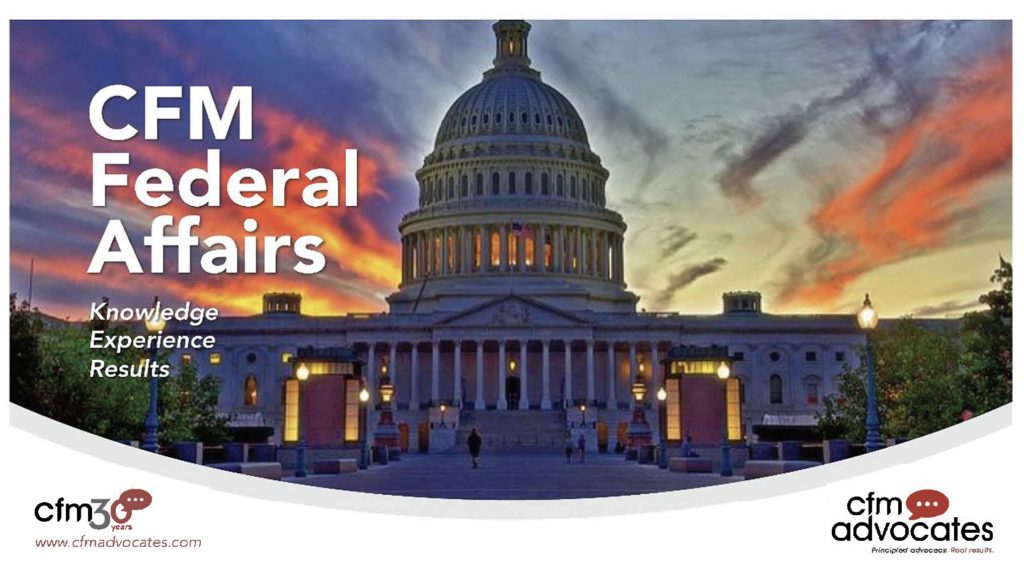
The legislative quest to tame Big Tech centers on strengthening US antitrust law, which was enacted more than a century ago. The Biden administration has issued an executive order to step up antitrust enforcement and Minnesota Democratic Senator Amy Klobuchar has introduced legislation that would make it more difficult for very large corporations to merge or make acquisitions without proving consumer benefits.
Klobuchar’s legislation, the Competition and Antitrust Law Enforcement Reform Act, is significant because she is chair of the Senate Judiciary subcommittee that has jurisdiction over antitrust matters. A key and controversial provision of Klobuchar’s bill would shift the burden to prove consumer benefits to large, merging companies, rather than require the federal government to prove the merger would be anticompetitive.
While the United States once had some of the most effective antitrust laws in the world, our economy today faces a massive competition problem. We can no longer sweep this issue under the rug and hope our existing laws are adequate.
Under Klobuchar’s bill, corporations with market capitalization of more than $100 billion would face that tougher standard to merge or acquire other companies. Affected corporations would include Facebook, Amazon, Apple, Microsoft, Zoom and Alphabet (Google), as well as Tesla, Walmart, Costco, Kroger and Nike. There are an estimated 120 US corporations at or above that market cap.
“Competition and effective antitrust enforcement are critical to protecting workers and consumers, spurring innovation and promoting economic equity,” Klobuchar said in introducing her legislation. “While the United States once had some of the most effective antitrust laws in the world, our economy today faces a massive competition problem. We can no longer sweep this issue under the rug and hope our existing laws are adequate.”
Critics condemn moving away from the Consumer Welfare Standard test, which has been used by courts in antitrust cases since the 1960s. That standard says mergers should be evaluated based on overall consumer welfare as well as economic efficiency. Critics contend Klobuchar’s legislation would replace the standard with a corporate size test, creating competitive inequities. For example, they say, Nike would need to prove the benefits of a merger to consumers, while smaller shoe manufacturers would not be held to the same burden of proof.
Public antagonism toward monopolistic corporate behavior in America goes back to colonial days. The first antitrust laws in America sprouted in Southern states in the late 1800s. According to Michael McGerr in his book A Fierce Discontent, Arkansas took insurance companies to court, Texas went after oil companies and North Carolina sought the break-up of the American Tobacco Company.
State action prompted a reluctant Congress to approve the Sherman Act in 1890, which said, “Every contract, combination in the form of trust or…conspiracy in restraint of trade or commerce among the several states or with foreign nations is hereby declared illegal.” Despite the words in the law, antitrust enforcement lagged as corporations continued to grow larger.

The Progressive Era in the early 1900s agitated for stricter antitrust enforcement to curb corporate growth and market power. In 1904, the US Supreme Court on a 5 to 4 ruling upheld a federal government claim that the Northern Securities Company violated the Sherman Act, the first such ruling in US history. In 1906, the federal government moved to dissolve Standard Oil, which federal courts approved, while at the same time enunciating a “rule of reason” test that was interpreted as not prohibiting all restraint of interstate commerce, just “unreasonable” restraints.
Before being forced into earning his reputation as “trust buster”, President Theodore Roosevelt tried not to rock the corporate boat. It fell to muckraking writers, such as Upton Sinclair and his book The Jungle about the meatpacking industry, to raise public consciousness and anger toward corporate misdeeds, which lead to increased federal regulation and antitrust filings.
After campaigning to break the “chains of monopoly” and restore competition, President Woodrow Wilson only managed to convince Congress in 1914 to pass the Clayton Act that provided more specific definitions of restraint of trade, stiffened corporate penalties and created gaping loopholes. Separate legislation passed in 1914 to establish the Federal Trade Commission, charged with banning “unfair methods of competition” and “unfair or deceptive acts or practices”, but oddly not charged with enforcing the Sherman Act.
Industrialization, advancing technology and international competition have forced corporate concentration to acquire the capital, market share and skilled workers to remain competitive. The auto industry is a good example. There have been 3,000 car companies in the United States since the industry started in the 1890s. Now there are just three major US automakers, plus Tesla. Consumers have more choices because of foreign imports, where the same winnowing pattern repeated itself as Germany, Japan and India now just have their own Big Threes.
Klobuchar acknowledges contemporary business pressures. “Many industries are consolidating as large mergers and acquisitions increase and big companies buy out upstart rivals before they can become a competitive threat,” she says. “Harmful exclusionary practices by dominant companies – such as refusals to deal with rivals, restrictive contracting and predatory pricing – squelch competition.” She claims US antitrust enforcement of digital platforms lags that of other industrialized nations.
Specific provisions of her legislation would:
- Increase and enhance enforcement resources in the Justice Department’s Antitrust Division and FTC to bring actions against “the richest, most sophisticated companies in the world.”
- Strengthen prohibitions against anticompetitive mergers by restoring the original intent of Section 7 of the Clayton Act that was intended to stop anticompetitive mergers before they caused harm. The legislation would forbid mergers that “create an appreciable risk of materially lessening competition” and shift the burden of proof to merging parties
- Add a new provision to the Clayton Act to prohibit “exclusionary conduct that materially disadvantages competitors or limits their opportunity to compete”.
- Establish an independent FTC division to conduct market studies and merger retrospectives.




